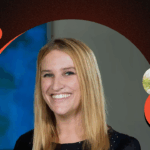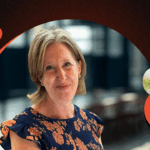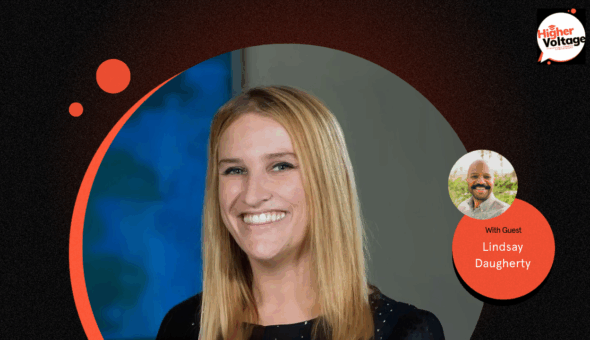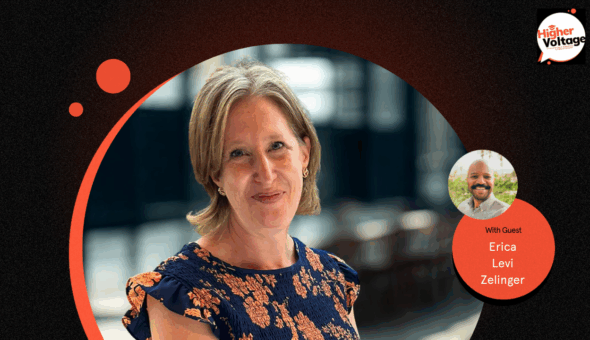Helping students become stars and stay in school.
Kevin Tyler sat down with Lisa Hennessy and Alex Boylan, the powerhouse duo behind The College Tour and The Student Registry, to talk about what it really takes to help students not just find the right college but stay there.
In a landscape where marketing often feels more institutional than inspirational, The College Tour flips the script. The series centers student voices, letting real people tell the real stories of campus life across more than 200 episodes filmed in 41 states.
But knowing where to go is only part of the journey. Affording it is another story. That’s where their latest innovation comes in: The Student Registry.
Think baby or wedding registry, but for college students. It’s a simple yet powerful concept: students create a profile, build a budget, and invite their communities to contribute to essentials like tuition, textbooks, and gas money. More than a fundraising tool, it’s a platform that teaches budgeting skills, encourages gratitude and communication, and builds a support system around the student.
“It takes a village to support students,” says Hennessy. And the Student Registry is designed to cultivate that village. Contributions don’t affect financial aid eligibility, and the emotional lift of knowing someone believes in your journey can be as powerful as the financial support.
The impact is already tangible. A donor covers a gas fund; a student gets to class and keeps their job. One small contribution becomes the hinge on which success swings. “We’re trying to serve the average student,” Boylan says. “Because the average student is carrying a lot.”
Together, The College Tour and The Student Registry form a one-two punch of access and affordability: showing students what’s possible, then helping them pay for it. And at a time when the cost of higher education continues to rise, these are the kinds of solutions higher ed needs—personal, practical, and powered by community.
As Hennessy puts it, “We help students become stars. Now we’re helping those stars stay in school.”






